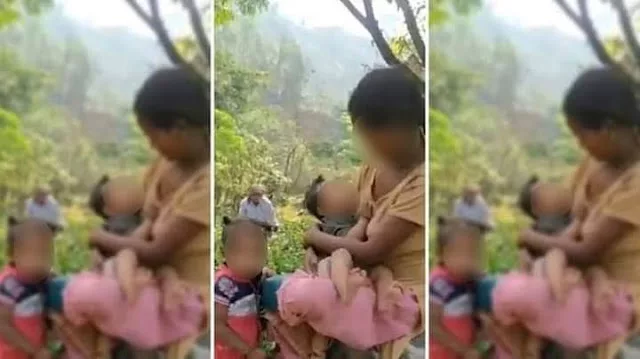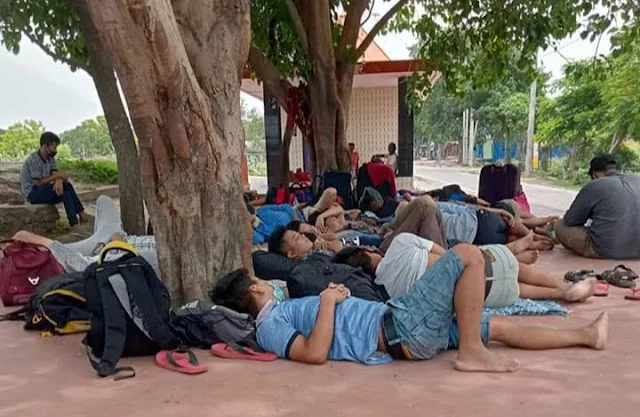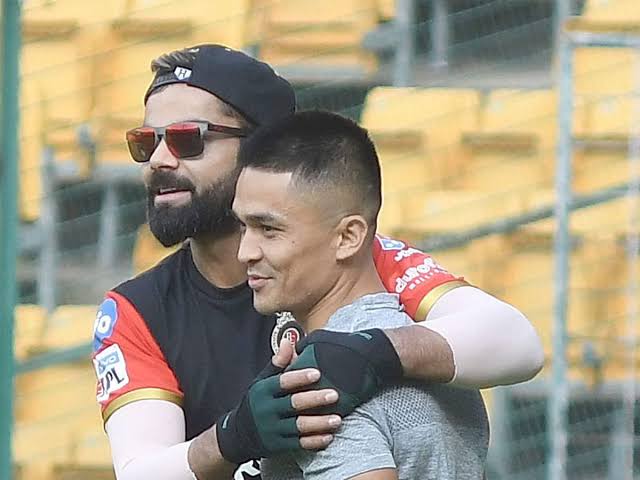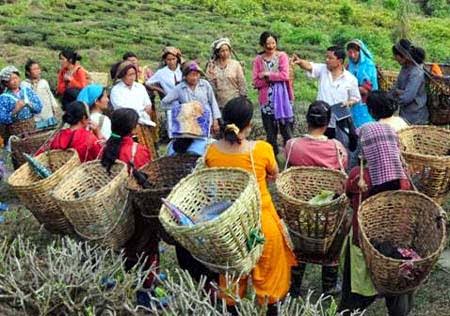Everyone wants to know how I’m training for the Olympics. Training for the Olympics isn’t just a matter of working hard for a few months or for four years. When I think about it, the countdown to the Olympics started when I walked into a boxing gym for the first time. I was nine years old then.
The Olympics, of course, are the biggest games in the world. As a boxer, this is supposed to be one of the highlights of my career. When I go to Rio, I think I will be able to enjoy the Olympics a lot more. When I was in London (2012), I was overawed by the whole experience. You are walking around the Olympic village or you could be having lunch and you meet some of the greatest athletes in the world. When I met athletes like Usain Bolt and Michael Phelps, I was a little apprehensive. How would they respond to an 18-year-old from India who hadn’t won anything? But they were welcoming. You could see they had the attitude of a winner but they were never rude to anyone. That’s something I took from them. Being a champion is about being open to new situations. There’s always something to learn from others.
 |
| Shiva Thapa |
I also made a lot of friends at the London games. People are quick to jump to the conclusion that boxers are a violent bunch. That’s not true. All our aggression is confined to the ring. Outside, we are like a brotherhood. One of my good friends at London was Satoshi Shimizu of Japan. I had beaten him in the semifinal of the Asian Olympic qualifiers in 2012, but he had made it to the Olympics because I had won the final at the qualifiers. But at London our paths differed. I lost in the first round and he won a bronze. It wasn’t in my destiny to win a medal in London, I suppose.
But it certainly was in my destiny to be a boxer. I believe that boxing is my purpose in life. In fact, I believe everyone has a purpose in life. We sometimes confuse what we are doing with what our purpose in life is. It is not easy to find out one’s purpose in life is. People don’t know what they want to do even after they turn 30 or 40. I feel blessed and fortunate that I knew what I wanted to do with my life when I was nine.
It helped that my father did not force me into boxing. My father practiced martial arts. But he didn’t mind if I was interested in studies or singing or dancing. If my father had pushed me into the sport, I may have rebelled. I went to the gym myself and he supported me. That’s all I needed from him.
Being a native of Assam makes it sometimes an unusual experience when I travel abroad. Very often other boxers come up to me and ask if I am really from India. I explain to them that India is a large country with very many people. Since I am the only Indian who has qualified in boxing for this Olympics, I wonder if boxers from elsewhere will think that all Indians look like me!
It’s a little different when this question is posed in your own country. It is frustrating when your own countrymen say you look like a native of some other country. We have always looked like this. I know that the North East was never ruled by China or Mongolia or Korea. Judging whether someone is Indian by their face is foolish. There are people from North India who look Arab to me. At times I get a bit angry when I hear cases of discrimination. There are some who think that people from the North East are less Indian than they are. But what have they achieved to make their country proud? They probably can’t even name the seven states of the North East or spot them on the India map!
I spoke on the anti racism law because I see myself as a guy from the North East. Discussions started on that law after the murder of Nido Tania in Delhi in 2014. I was upset because the debate was around Nido’s identity — he was someone from Arunachal Pradesh. I was shocked this happened to an Indian.
People would say I’m patriotic. All athletes are in some way patriotic. When you compete for the Olympics, you have to sacrifice so much for so long. You have to train more than you thought you could. You do it because it’s for something bigger than you.
In a way I am grateful that I can do what I do. I love boxing but it also gives me a platform to represent my country on the biggest stage of all. If my achievements can motivate a youngster from my state to do well, or convince someone that people from my region are as much a part of this country as any other, that’s equally important for me.
Boxing has given me an identity. When I wear my boxing vest, it doesn’t say Shiva Thapa or Assam or the North East. It says India. I’m a boxer fighting for my country. That’s what I’m about.
Via indianexpress





